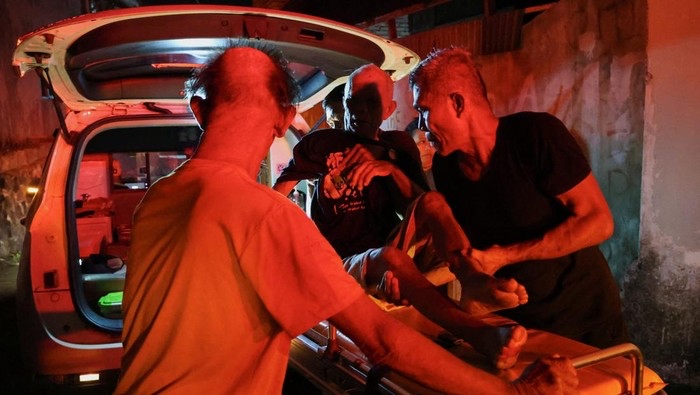In Paraguay, one of South America’s most devoutly Catholic countries the unsettling reality of mothers at 14 has ignited a fierce debate over sex education. With the region experiencing some of the highest teenage pregnancy rates on the continent, voices from all corners are speaking up and the conversation is as complex as it is critical.
At a shelter for young mothers, the image of teenage girls holding babies during Mass some still in school uniforms captures the cycle of silence and stigma in which these girls find themselves trapped.
For 39-year-old Diana Zalazar, the shock came when doctors discovered she was six months pregnant with no one ever having told her sex could result in pregnancy. She recalls, “I didn’t decide to become a mother. I didn’t have a chance to choose because I didn’t have the knowledge.” Her story resonates across a generation of Paraguayan girls whose first intimate experiences were not accompanied by understanding or protection.
Recognizing the urgency, Paraguay’s Ministry of Education has developed its first-ever national sex education curriculum “12 Sciences of Sexuality and Affectivity Education” to be piloted next year. But rather than leading with science, the curriculum adopts a strictly abstinence-first approach, framing sex as “God’s invention for married people,” discouraging contraception and excluding mention of LGBTQ+ identities. It equates masturbation with loneliness and upholds traditional gender stereotypes like “boys don’t cry” and “girls have smaller and lighter brains.”
Critics denounce the curriculum as regressive and unscientific. Senator Esperanza Martínez labeled it “a real affront to science,” while LGBTQ+ activists warn that ignoring diverse identities cements harmful discrimination in schools.
Paraguay’s conservative dominance long shaped by the Colorado Party and reinforced by strong evangelical and Catholic influences fuels this ideological landscape. Pastor Miguel Ortigoza, who helped shape the curriculum, said resistance to more progressive sex education comes from the country’s deep Judeo-Christian roots.
Yet the social indicators are stark. Last year alone, over 10,600 adolescents aged 15–19 and 405 girls aged 10–14 gave birth. Thousands of girls also faced sexual abuse. With abortion criminalized in nearly all circumstances, these pregnancies often happen amid profound danger and despair.
Meanwhile, research and global evidence point to a different path. In Finland, the provision of free contraception and comprehensive sex education has led to a 66% drop in teenage abortions between 2000 and 2023. And studies consistently show that abstinence-only programs prominent in Paraguay’s new curriculum do not reduce teen pregnancy and may even worsen outcomes.
For young girls like Diana and others trapped in cycles of early motherhood, knowledge is not optional it is essential. Without it, Paraguay risks cementing inequality, endangering health, and denying future generations the power to make informed choices.



